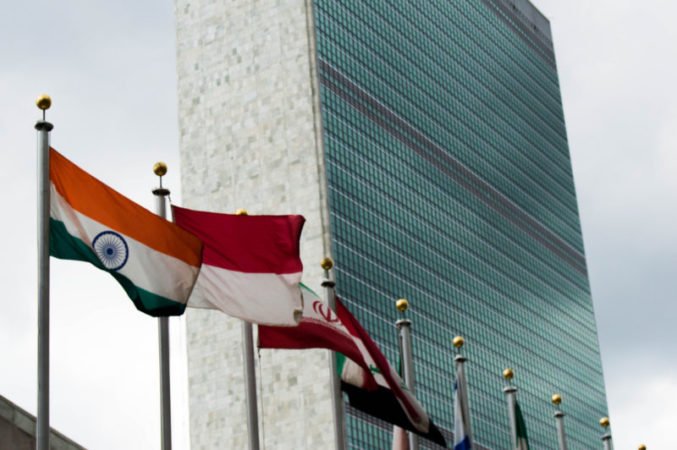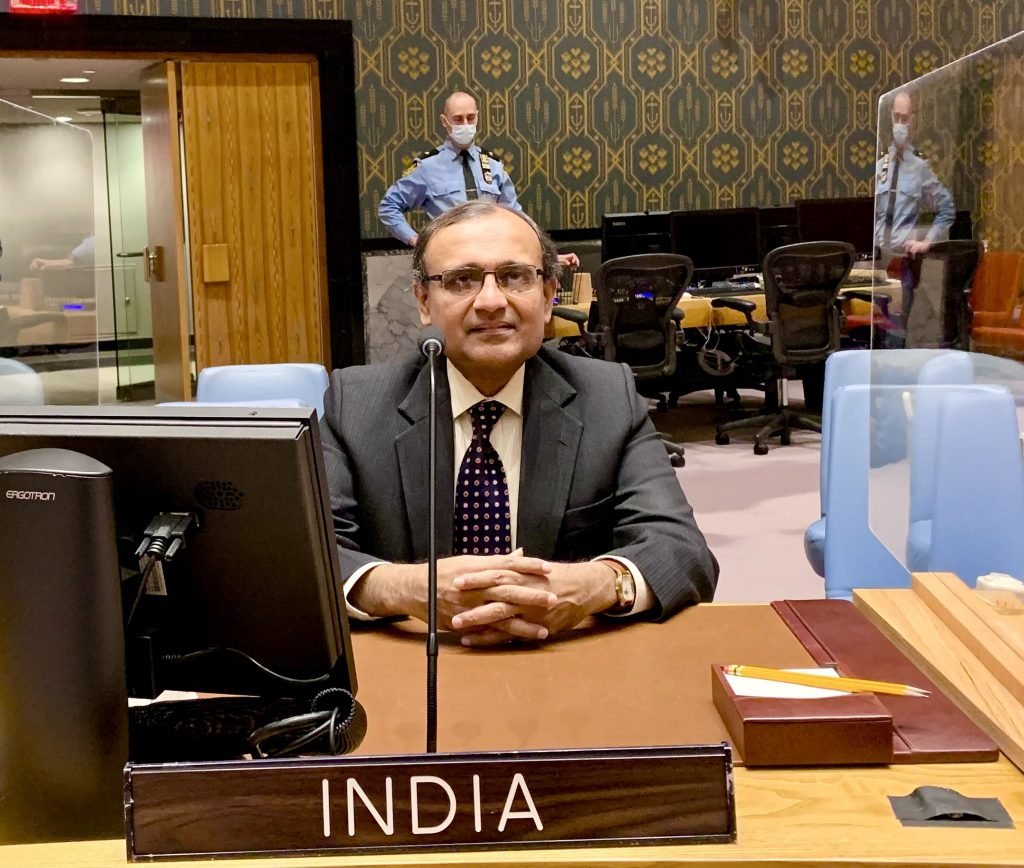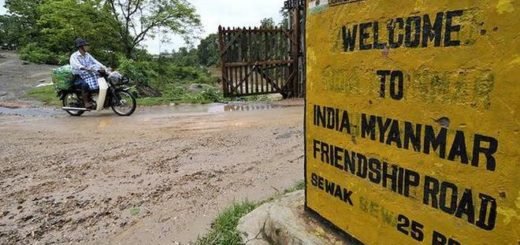India’s new term at the United Nations Security Council: A road to reviving leadership?

India is all eyes now as it is set to begin the 8th term at the United Nations Security Council. Prior this term, India was a member of the UNSC from 1991-1992 and 2011-2012 (in reference to post-Cold War). The era was coincidently a period when the world witnessed a shift in powers and also new rivalries between countries who had sworn to cooperate for a better future. The third stint of India at the UNSC is pivotal from a point which could affect its position internationally and also has bigger possibilities of forging new alliances.

C Raja Mohan writes to the Indian Express that the ‘third stint’ for India at the UNSC unleashes a vast array of opportunities considering that it picks on the right agendas. He argues that given the previous two terms India was in a position whereby it had very little knowledge as well as powers to leverage the functions of UNSC to its strategies. However, over time India has proven to be a dynamic country voicing on contentious issues as well as forging cordial relations with new countries. The third term sees for a more “reactive than a proactive” role for India, bounded by cooperation and pragmatism.
But what opportunities does this third term provide to India is the centre of contention for C Raja Mohan. However, he explains them with regards to five objectives which could be seen as strategies and policies that India can use it to its advantage. The first objective speaks of making the Security Council more ‘effective’ as in the last few decades the five major powers had barely passed any resolution unanimously. Therefore, the intentions of the council itself have somewhere fallen loose. He writes, “The UNSC system was designed to function as a concert of five powers. Unanimity among the five permanent members with veto powers was rare during the Cold War decades”. ‘Representation’ becomes the second objective, for India had in the past spoken unabashedly for the need of making the UNSC more diverse. The distribution of the veto serves as an advantage and disadvantage to the country and Raja Mohan argues how China’s veto did not allow two more Asian giants-India and Japan for an entry as the permanent member to the Security Council.
China has been acting as a strong barrier to most of India’s policy both domestically and internationally. The border dispute remains to date a matter of contention between India and China. Strong aggression at the Line of Actual Control in the previous year brings out the horrors troubling India’s National Security and Foreign Policy towards it. Therefore, this third tint at the UNSC has to be treated as an opportunity to protect India’s national security and generate conditions which might resolve the border issue and thereby widen the horizons of bilateral cooperation. Another interesting dimension added was also how India needs an ‘open-mind’ to work with the Chinese, to remove barriers for its entry to the Nuclear Supplier Groups and divert the attention to more pertinent issues.
The fourth and the fifth objectives stand contradictory, but also inversely proportional to one another. This term will define credibility to ‘new coalitions’ and accountability to ‘traditional partners.’ The objectives laid out by C Raja Mohan delves into the fact that India has to intensify with the West and even Russia and at the same time remain rooted to the traditional partners in Africa. India will be sharing the term with three African countries namely Tunisia, Kenya and Niger and this could be a great opportunity to witness a revived leadership from the days of the Non-Alignment Movement.
The future of India at the UNSC stands crucial for its international positioning. The bigger question that remains is will India prove itself enough to conquer what it has always been fighting for. Ambassador T.S Tirumurti, Permanent Representative of India to the UN, mentioned at the flag installation ceremony, “We will use our tenure to bring human-centric and inclusive solutions to matters of international peace and security. India will be a voice for the developing world.” This puts a great deal of attention on India and that shall be unravelled in the days to come.


















